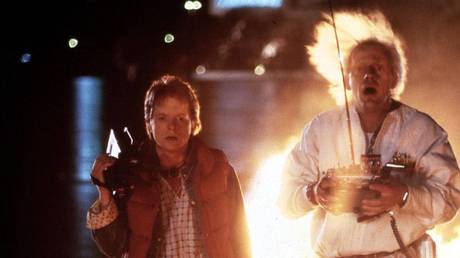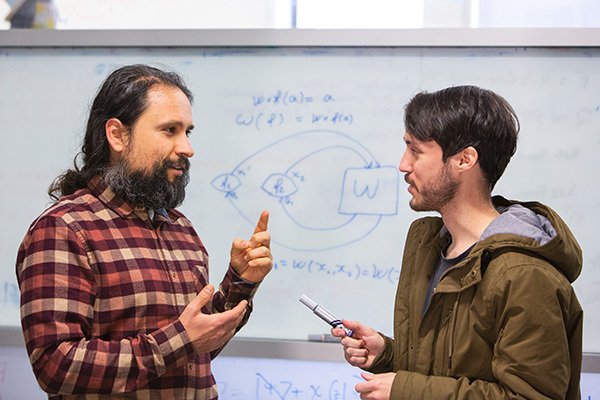
New research has unravelled paradoxes at the heart of time travel, making it far more than just the plot of countless Hollywood blockbusters but something that is mathematically possible.
Both scientists and scriptwriters alike have long been fascinated by the prospect of travelling through time. Numerous popular films have also shown that it can result in all sorts of unexpected consequences. One of the major contradictions is known as the ‘Grandfather paradox’.
The paradox holds that any action that alters the past, is a contradiction because the past becomes different from how it was. If you travel back in time and prevent your parents from meeting, how could you be born to travel back in time in the first place?
A physics student from the University of Queensland in Australia says he has unravelled the maths behind time tinkering and made it viable without the paradoxes.
“Classical dynamics says if you know the state of a system at a particular time, this can tell us the entire history of the system,” researcher Germain Tobar explained. “However, Einstein’s theory of general relativity predicts the existence of time loops or time travel – where an event can be both in the past and future of itself – theoretically turning the study of dynamics on its head.”
The researcher used the example of the coronavirus pandemic to explain his incredibly dense math. If a time traveller journeyed to the past to stop the disease from spreading, if they were successful there would have been no disease to send them back to eliminate.

However, Tobar’s work found that the virus would still escape in some other way. No matter what the time traveller did, the disease wouldn’t be stopped, so the paradox is removed.
The deeply theoretical work focuses on the influence of deterministic processes on an arbitrary number of regions in the space-time continuum. Tobar demonstrated how both closed timelike curves (which were predicted by Albert Einstein) can fit in with the rules of free will and classical physics.
“The maths checks out – and the results are the stuff of science fiction,” said physicist Fabio Costa from the University of Queensland, who supervised the research.
Tobar’s study was published in the Classical and Quantum Gravity journal.
Like this story? Share it with a friend!




